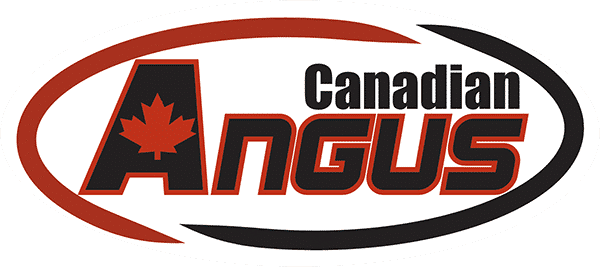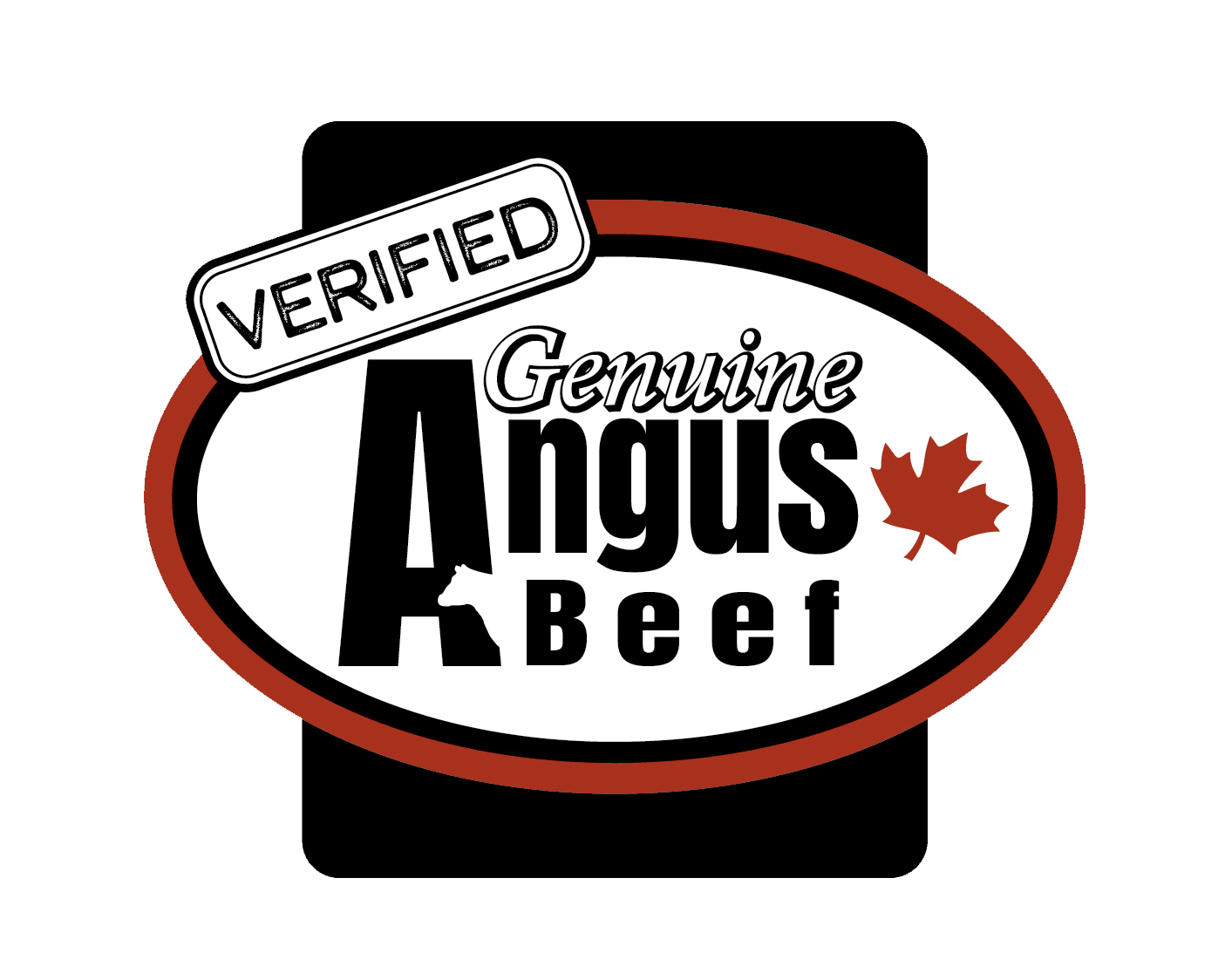Some of the world’s finest Angus cattle are raised right here in Canada under ideal conditions. The Canadian landscape, water and fresh air are a big part of what make them so great. It also takes a select group of hardworking Canadian ranchers to bring those elements together successfully.
More than ever, there is significant environmental, economic, and consumer pressure on Canadian beef producers. The Canadian Angus Association is working to bridge the gap between the scientific evidence supporting best management practices and producers. Providing a centralized, easy-to-use collection of best practices for members and bringing market pull through the Association’s Verified Angus and Angus CONNECT programs can help members adopt these practices and find extra value in the sale of their calves. Consumers want to know where their food comes from and that it is raised as humanely as possible. The Canadian Angus Association’s Verified Angus and Best Management Practice program allows producers to tell buyers and consumers about the benefits of their practices.
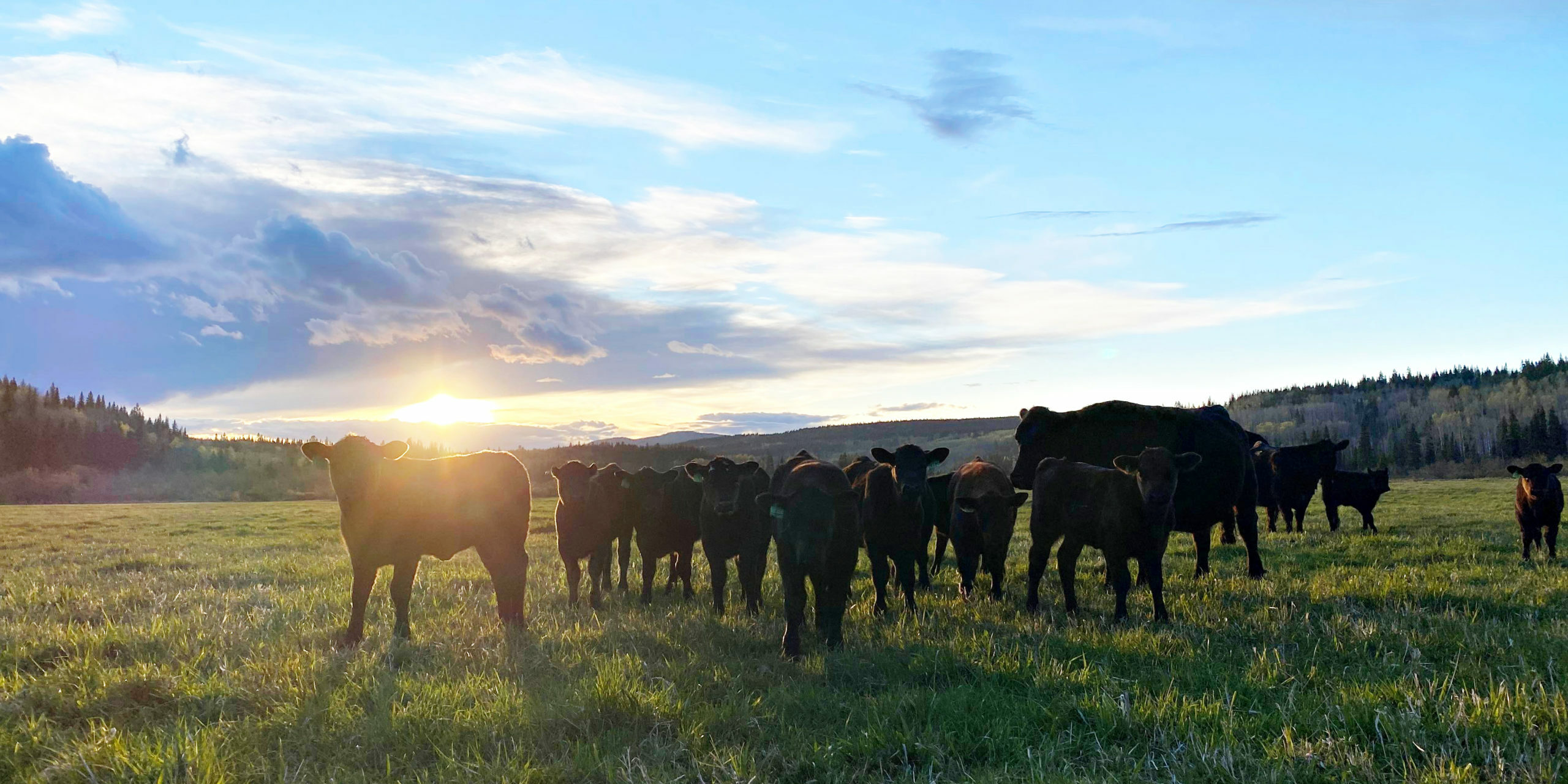
What are Best Management Practices or BMPs?
BMPs are methods that are effective at improving production, profitability, sustainability, animal health and welfare, and reducing environmental risk and impact. Through years of research and on-farm trials, certain practices have been identified to improve certain areas of farm management, sustainability, and overall animal health or welfare. The Canadian Angus Association aims to bring together research, on-farm trials, and information available from numerous locations for the Canadian beef industry into one centralized, easy-to-use, location.
Why are Best Management Practices important?
The goal of BMPs is to improve sustainability on farms and ranches by introducing new practices or improving practices already in use. Making improvements on farm now helps support future generations to continue raising cattle efficiently and continuing to produce high quality beef. Implementing BMPs demonstrates a passion for animal health and welfare, environmental support and sustainability, and efficiency on farm while encouraging health, safety and wellness.
How can producers use these Best Management Practices on farm?
Best Management Practices are not a one-size-fits-all system. The ability to adopt specific practices may vary depending on a variety of factors including location, environment, herd size, production goals and more. These practices are presented as general guidelines.
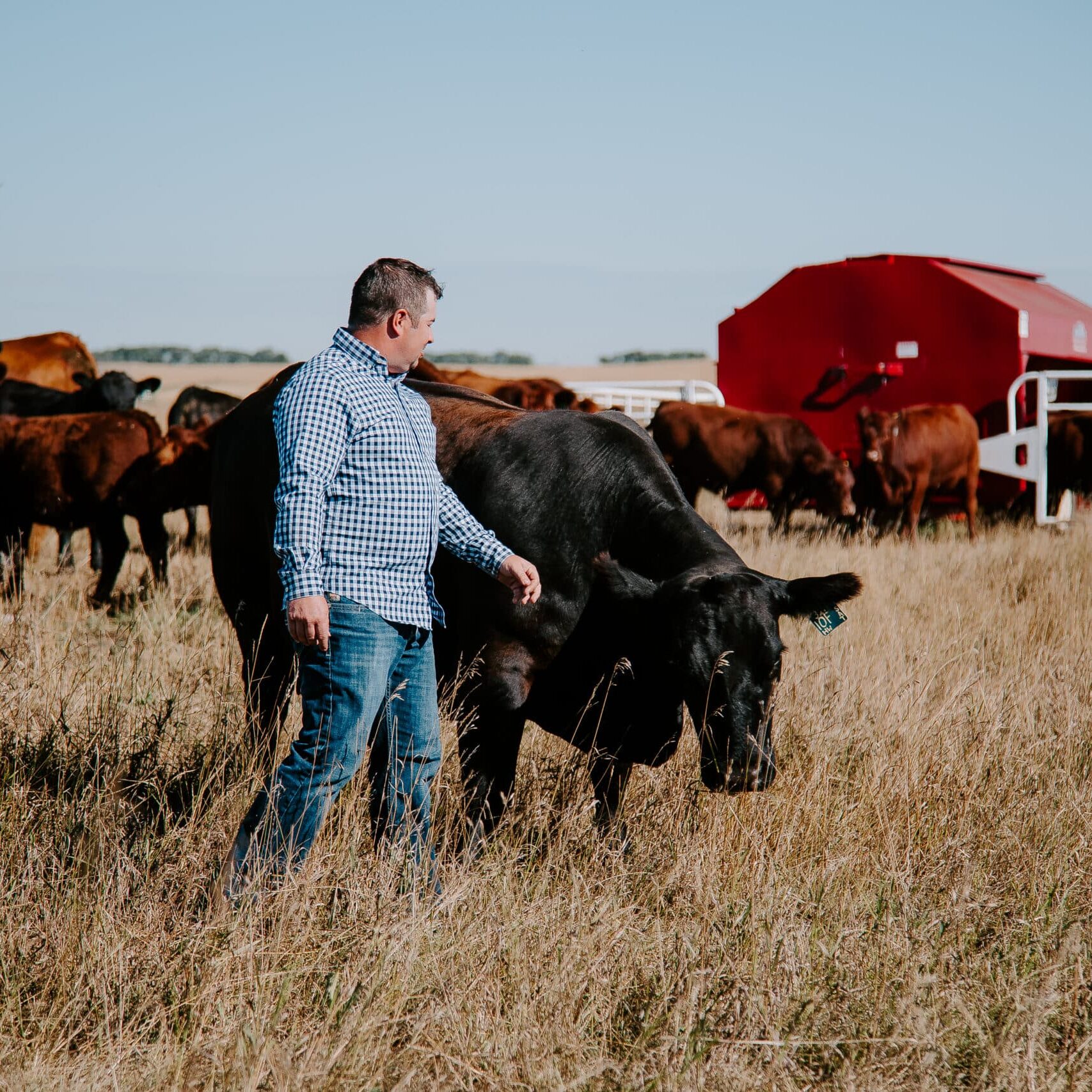
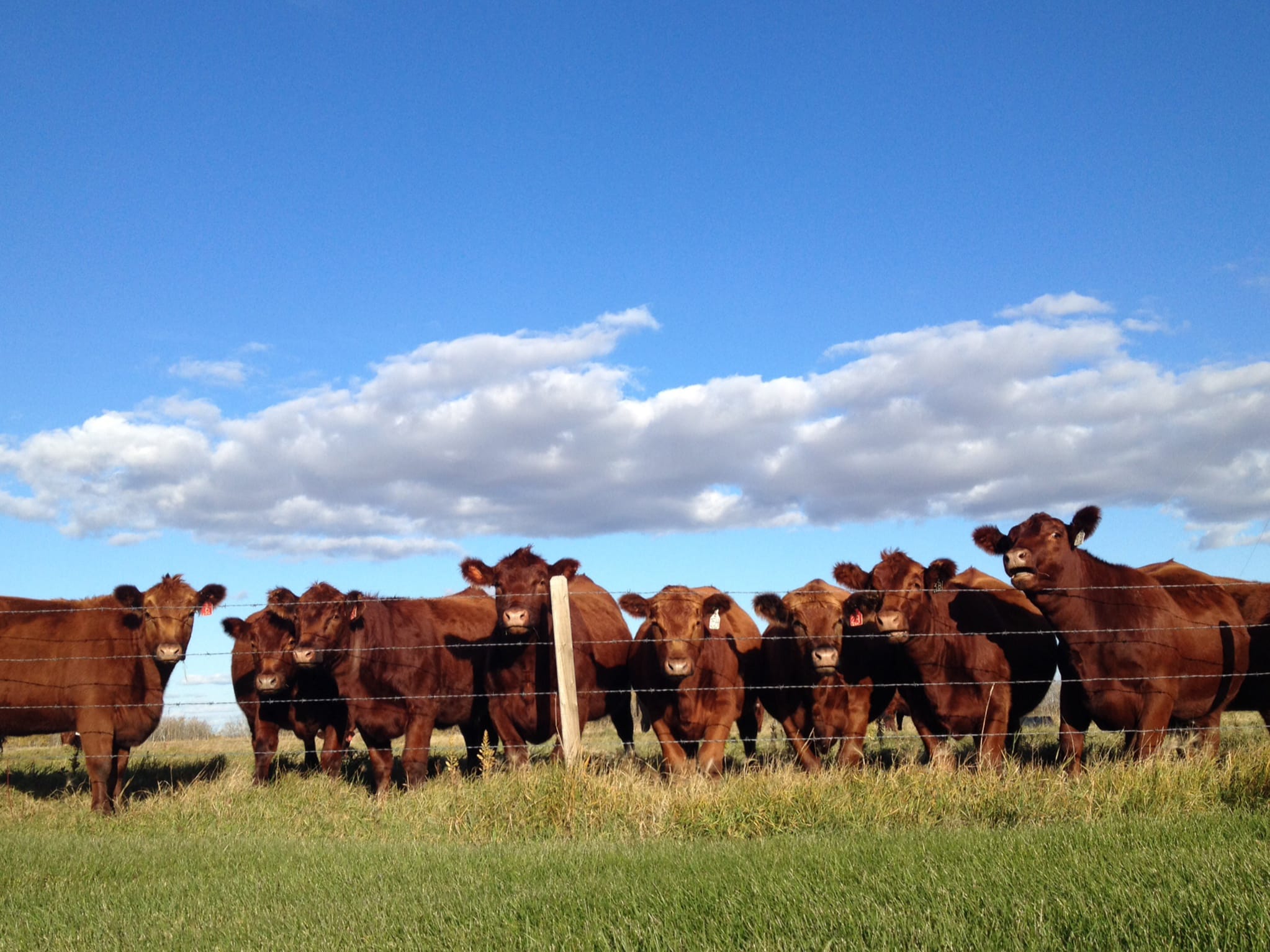

The five main categories can be used to begin recognizing areas that could benefit from improvement on an operation. Within these categories are individual practices that have been complied based on research and recommendations specifically applicable to Canadian beef producers, however, many practices fit into multiple categories. Recognizing and adopting some of these practices could improve long-term sustainability and be used in marketing initiatives. For more detailed information on a specific practice or specific implementation strategies based on your individual operation, you may be able to contact your local government agriculture information centre, agronomist, or veterinarian.
5 Main BMP Categories
Environmental Stewardship
Practices that focus on the responsible use, enhancement, and protection of the natural environment through sustainable activities. Find ways to enhance the symbiotic relationship between cattle and their environment.
Click on these categories
for more information.
Animal Handling and Welfare
Practices that focus on improving stockmanship and providing an environment for cattle that will ensure welfare needs are met and exceeded wherever possible. Find ways to institute low stress handling, enrich cattle environment, and more.
Click on these categories
for more information:
Bull Selection for Breeding Programs
Euthanasia and Animal Disposal
Low Stress Handling & Cattle Handling Facilities
Animal
Health
Practices that focus on preventative measures to maintain and improve overall herd health. Find new procedures to implement that could help reduce morbidity and mortality in the herd.
Click on these categories
for more information:
Nutrition and Breeding
Practices that focus on ways to improve nutrition for the herd and utilizing tools to optimize breeding goals. Find ways to improve diet, supplementation, and ways to advertise and highlight your genetic program to potential buyers.
Click on these categories
for more information:
On-Farm Health and Safety Initiatives
Practices that focus on overall health and safety. Improvements include farm operations such as record keeping, employee training and safety, veterinarian relationship, and more. Find ways to help ensure the operation runs smoothly and follows various guidelines and regulations.
Click on these categories
for more information:
How can producers use Best Management Practices to add value to cattle?
Whether some practices have already been implemented or new ones are being adopted, the Canadian Angus Association wants to recognize and leverage the good work producers do and communicate these efforts to buyers and consumers. The Angus CONNECT marketplace aims to bring likeminded buyers and sellers together, with the common goal of providing and obtaining high quality Angus Verified genetics that have been raised using the most ethical and sustainable practices possible.
For more information or any questions please don’t hesitate to contact us:
Phone: 403-571-3580
Toll-free phone: 1-888-571-3580
Email: verifiedangus@cdnangus.ca



